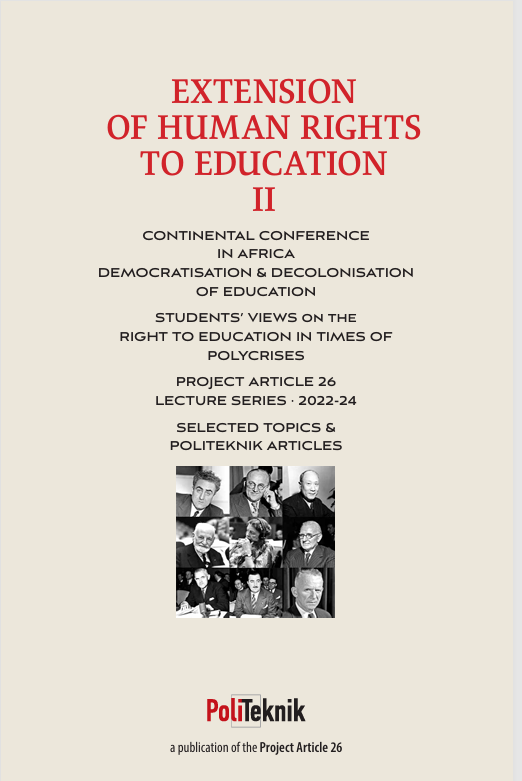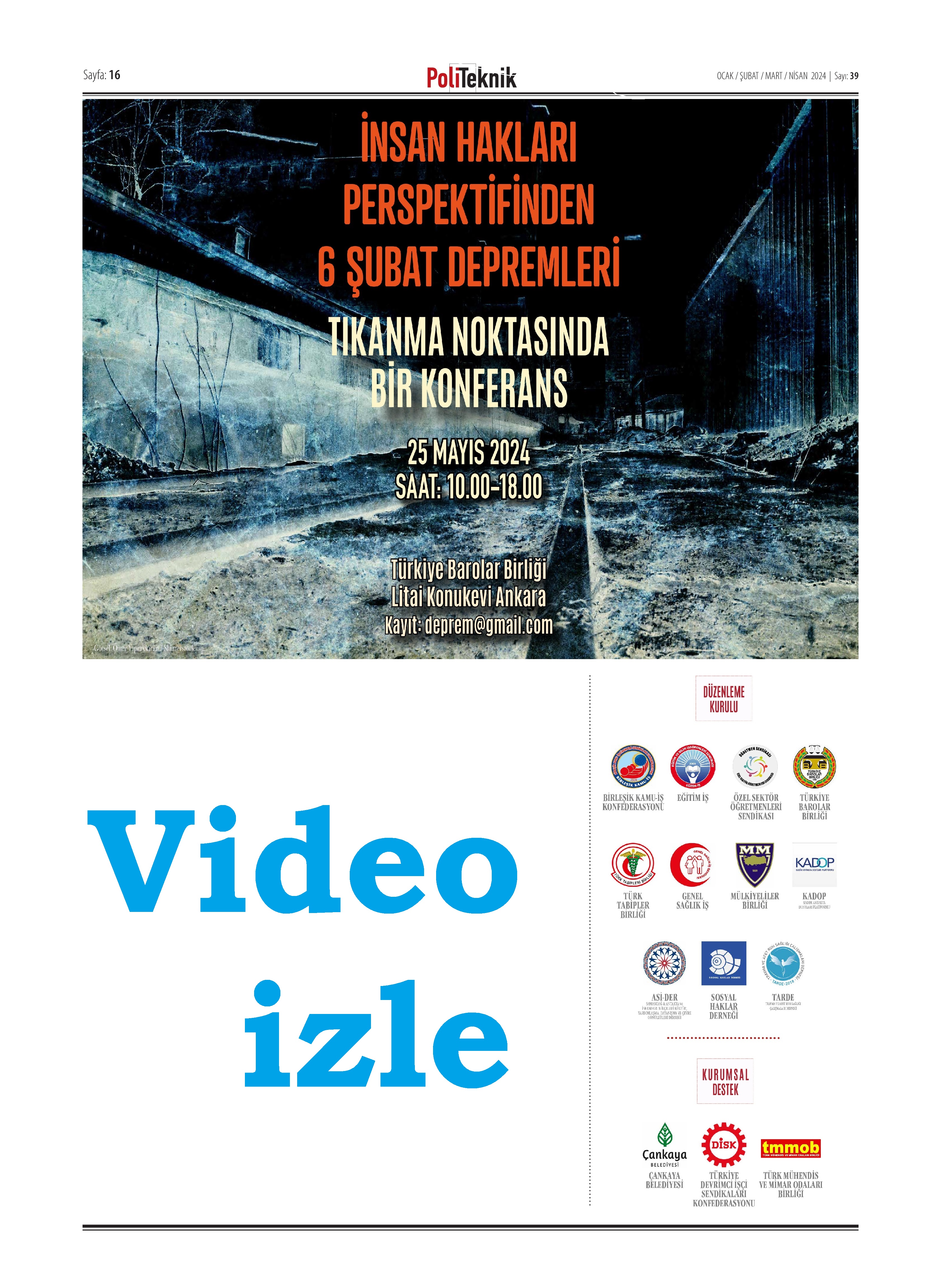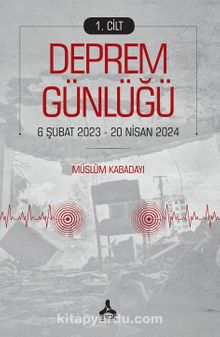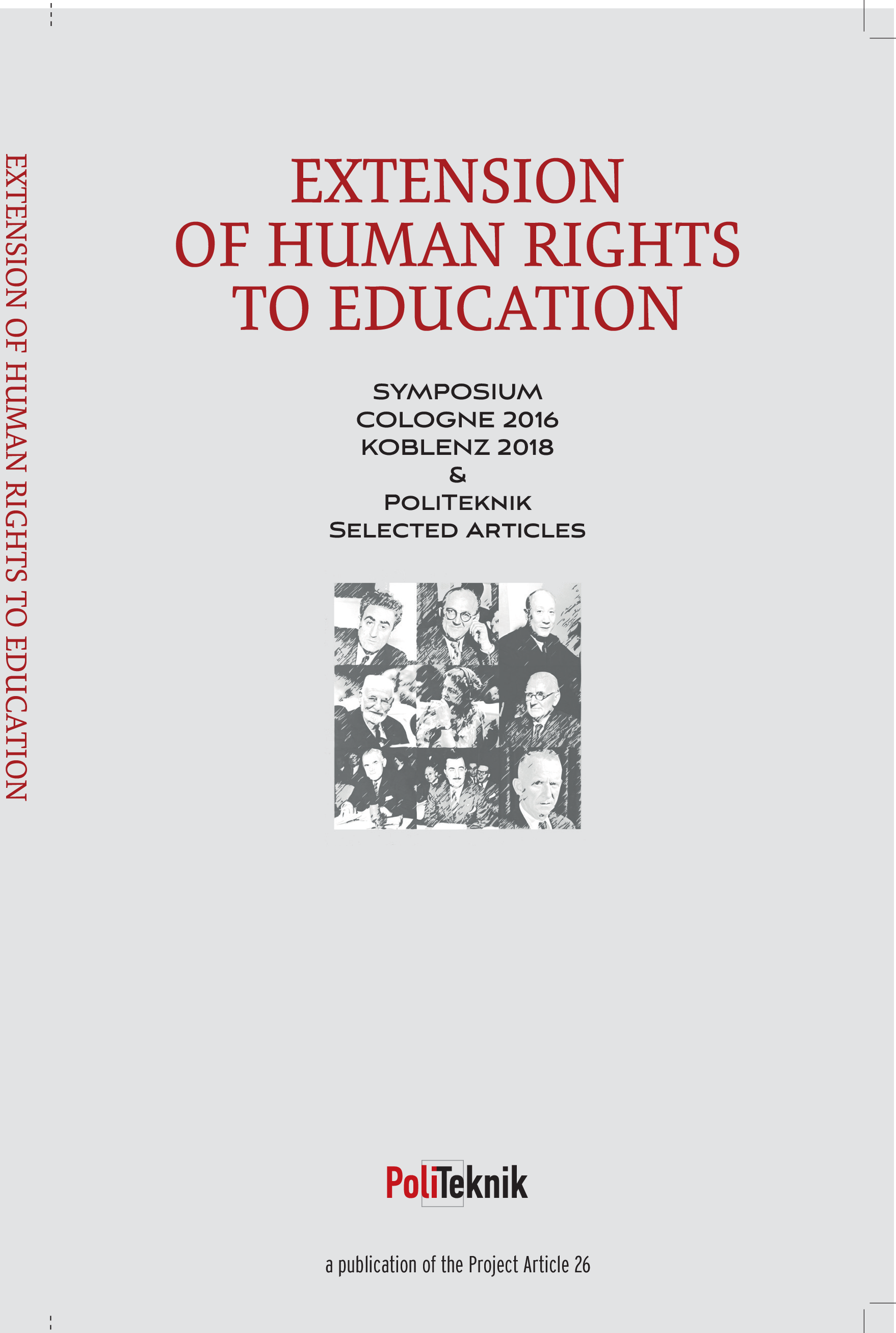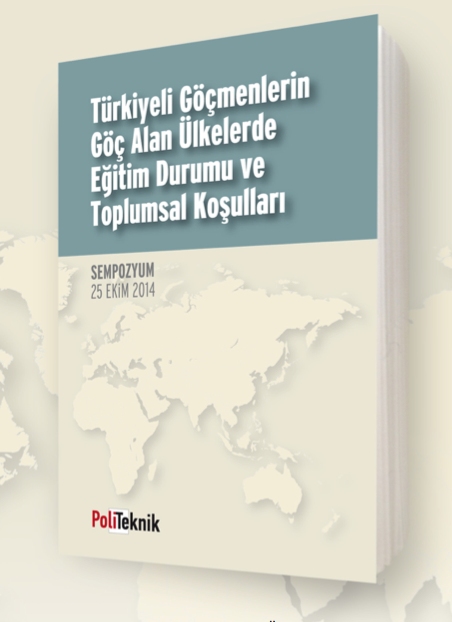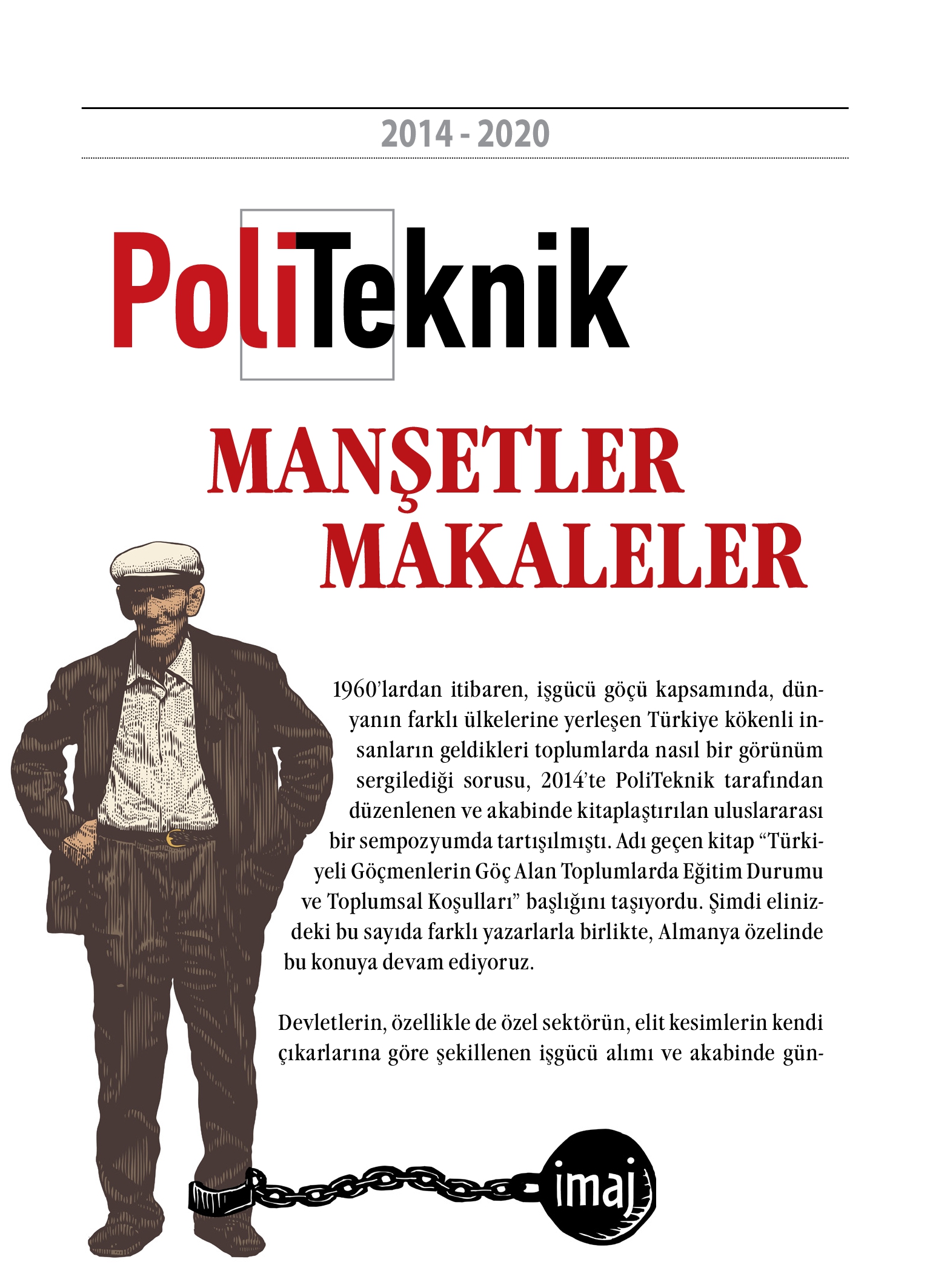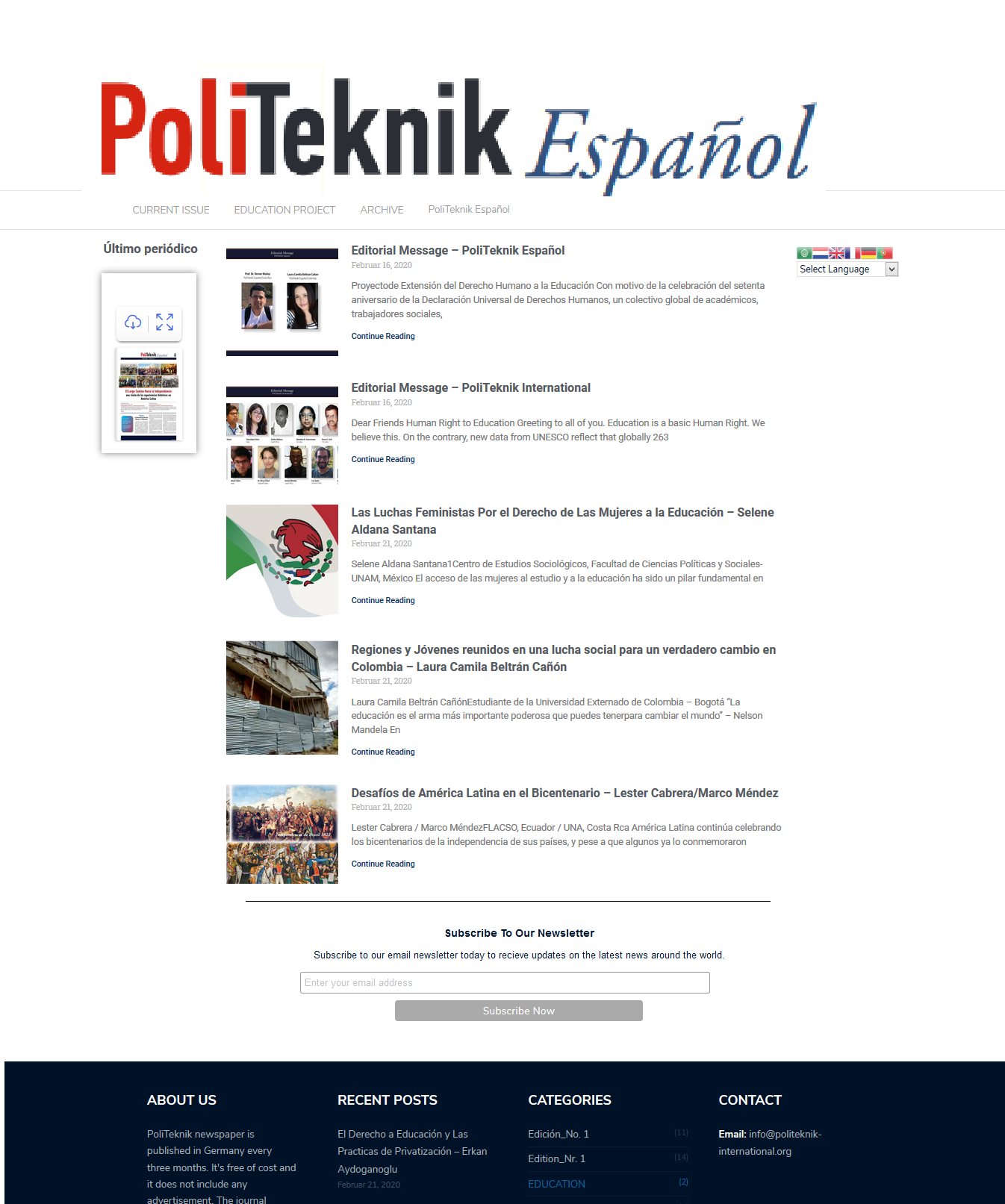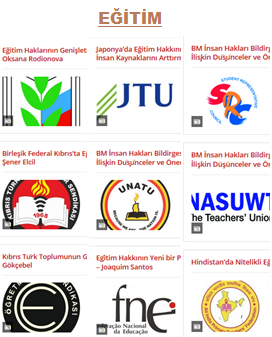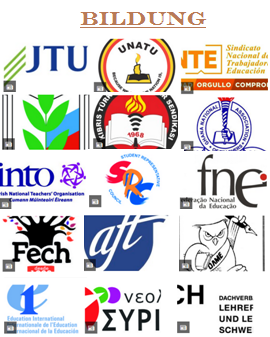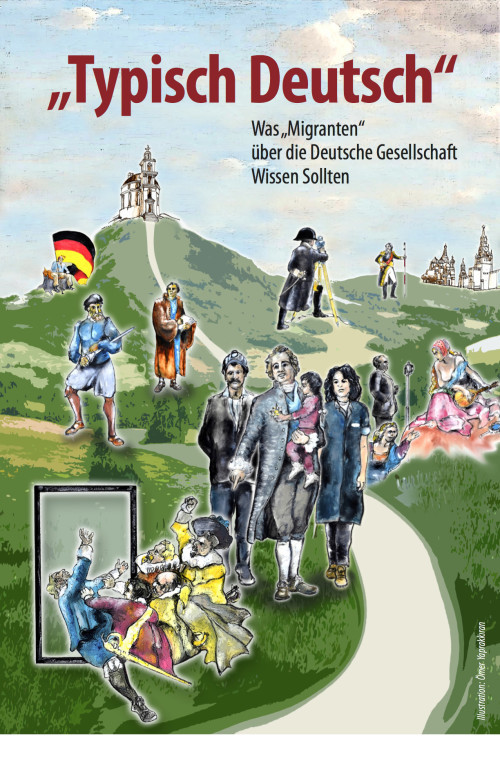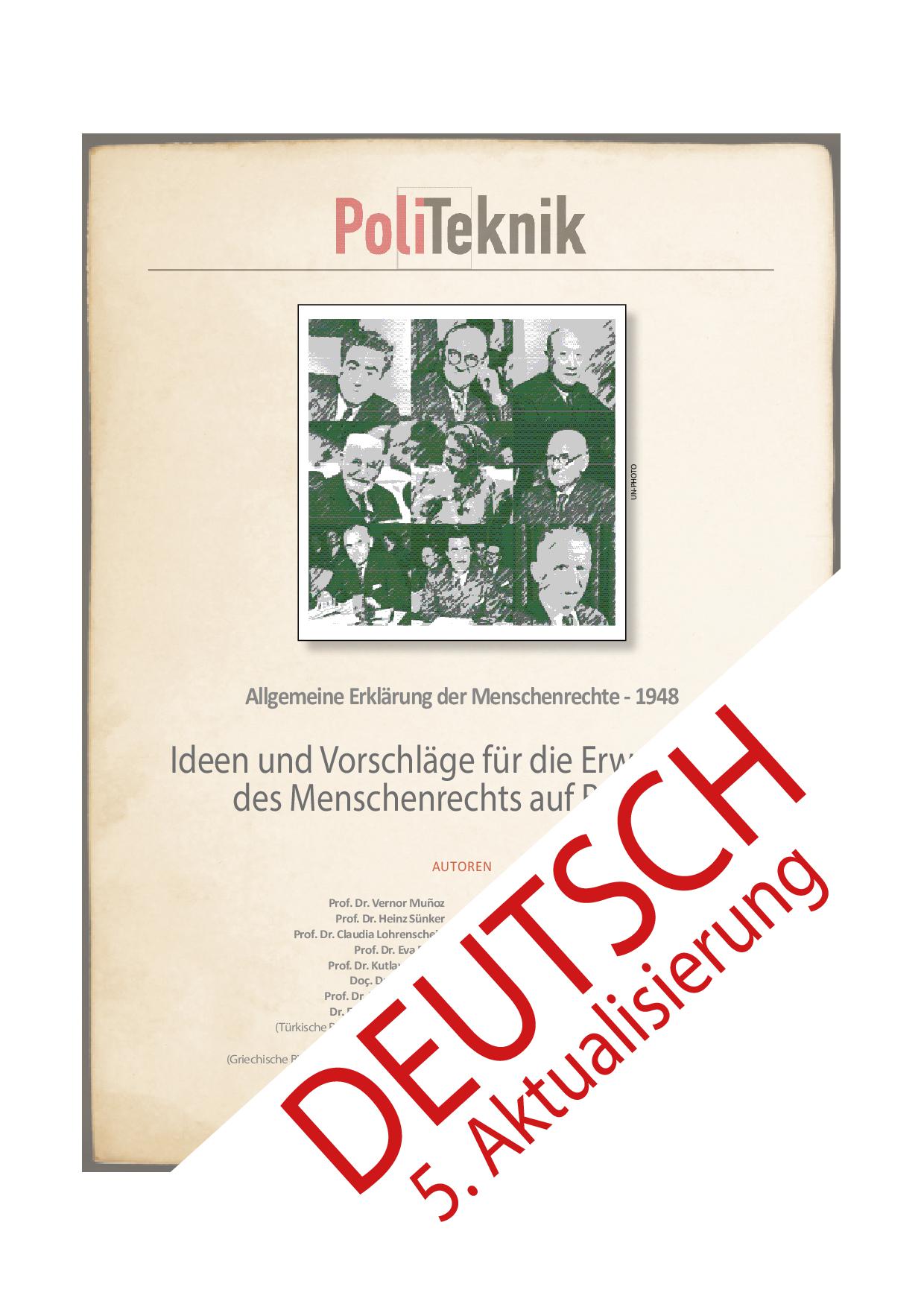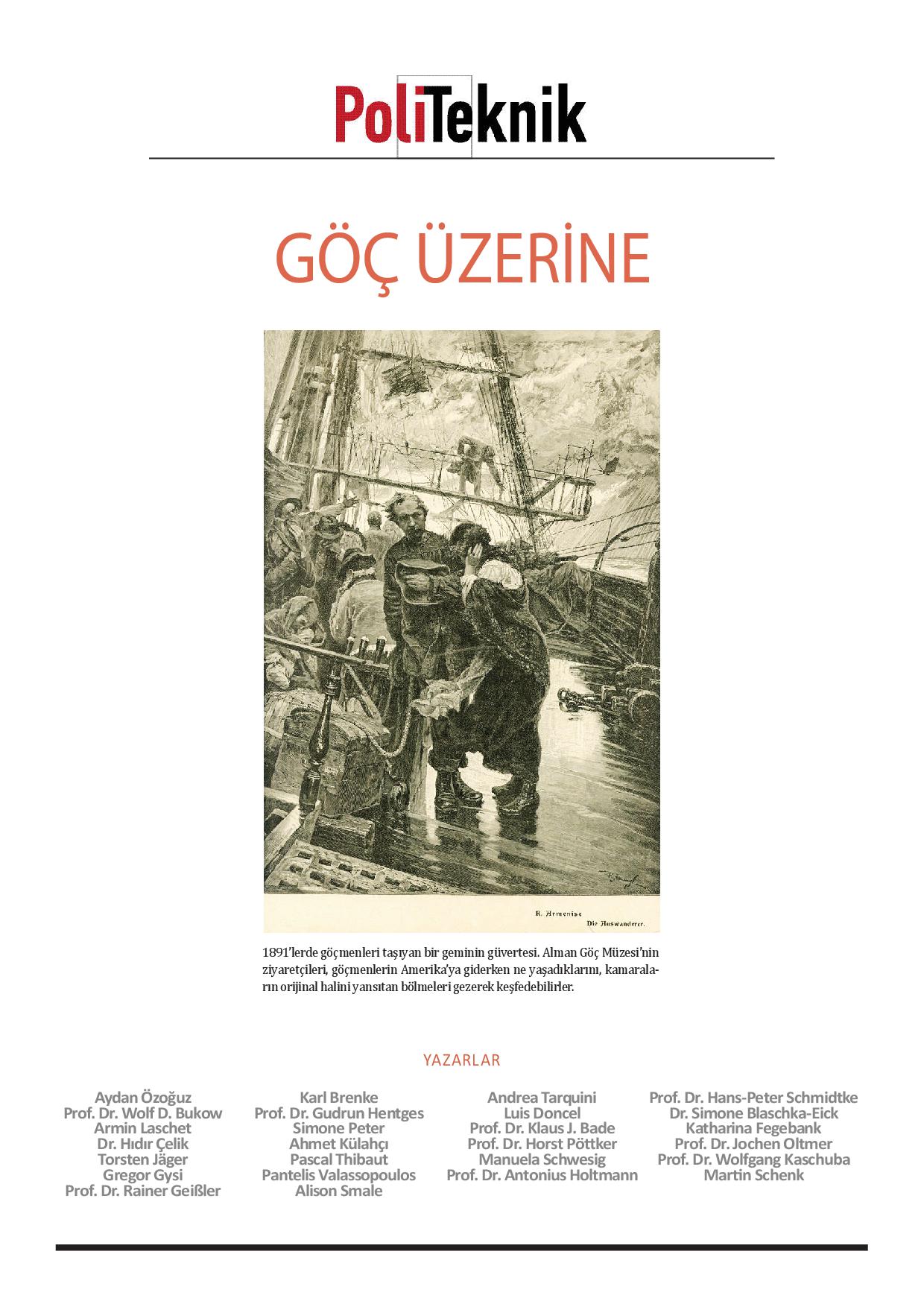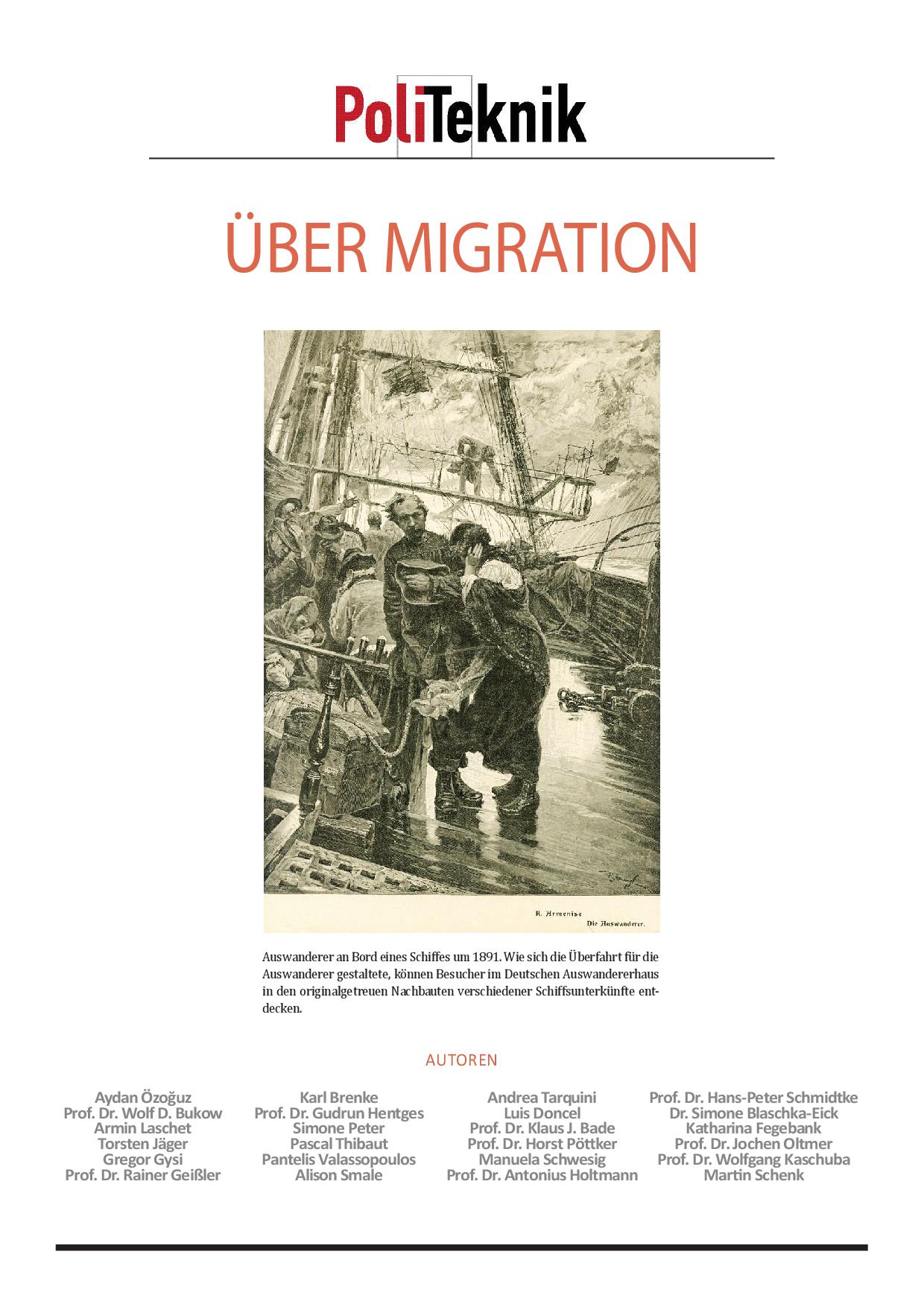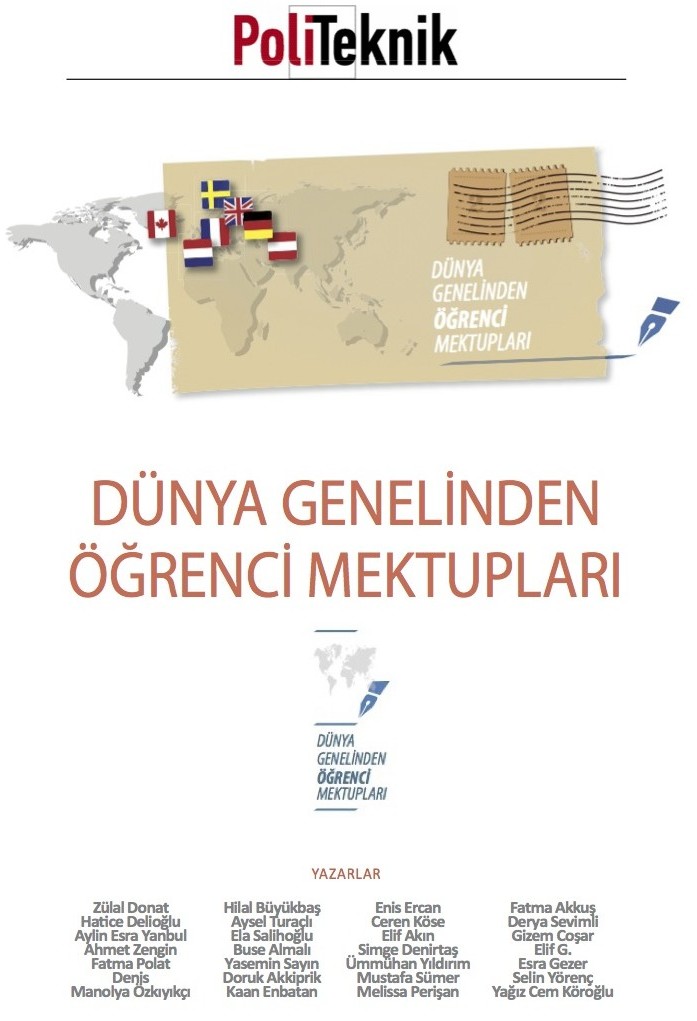(It is said that education is a human right offered as a public service. There must be a question here: Is the right to self expression or the right to organize freely and independently offered as a public service? What is the difference? In fact, services, even public services, can be privatized and sold but human rights can’t be.)
AbdulHafeez Tayel – Egypt
Equality means people participate in all fields of production, consumption, political activism and social interaction while exclusion is denying people from such participation. Education plays the basic role in empowering people and paving the way for their participation in life activities.
The importance of dealing with education as a civil and political right as being and in addition to being dealt with as an economic, social and cultural right is clear when we believe that education is the main need to democratize societies the main gate for people to win the struggle for all their human rights and not only a tool to develop human manufacturing skills.
When governments deal with economic, social and cultural rights as public services that should be offered for free, they argue that lack of development rates and other priorities consume most of the people‘s money. Governments and especially new liberals look to education as an investment seeking quick profits and are trying all the time to market their discourse telling the peoples that free education cannot be quality education as it costs too much for the governments to afford. And that free education is a gift from the governments that must be accepted as it is. They also make use of free education as a tool to dominate the minds of the learners and to recycle poverty and political regimes since they are financing it. This is very clear in authoritarian regimes. In Egypt, for example, when you inter a public school, you will meet the picture of the symbol of the regime (the president) everywhere.
Public schools in most cases are a place to shape the minds and ideas of the learners according to the concepts about the future in the minds of policy makers and a place to practice systematic repression.
The poor are dealt with as only huge masses needed only during elections to be queued in front of poll stations and schools, specially public ones, are the tool to sustain such a process.
Also when governments deal with education as a public service they finance, they monopolize planning education for their benefits. Thinkers, pedagogues, parents are neglected or in best conditions dealt with as advisors about the best way to implement the government plans at the least cost.
Rich people on the other hand have access to paid education.
They send their children to learn at schools offering quality education as they see to it. They aren’t in need for poor education systems offered by governments. They practice their rights in guaranteeing better future for their children away from governments plans.
They can send their sons and daughters to learn in best places in the world. They can prepare their children to be parliament candidates and members, judges, businessmen or any other career without the help of a government. Thus, we face social exclusion in all its meanings. The poor are denied from their human rights as a result of lacking the ability to finance their education and of being dominated by governments at public schools where poverty is recycled, and the rich are excluding themselves and dealing with themselves as above government’s decisions and plans.
Meantime, most of the struggle in third world countries for political and civil rights remains weak and ends in very poor results and authoritarian education systems stand behind that. Fear of punishment that shapes the ideas and dominates the spirits of young children makes them lack self confidence and hopes of better future. Thus , we have to main lines ,privatization and authoritarianism, forming a braid and leading to social exclusion. Education ,in such conditions, turns into a tool to recycle poverty and training people accept repression and being subdued instead of being a tool of freedoms, integration , diversity and hope.
If education had been dealt with as a civil and political right in addition to being an economic and social right, individuals, political parties , unions would have struggled for negotiating the best policies to guarantee it and there would have been a variety of methods for people to enjoy their right to education. Also, education wouldn’t have been dealt with as only a service that can be turned into a commodity.




